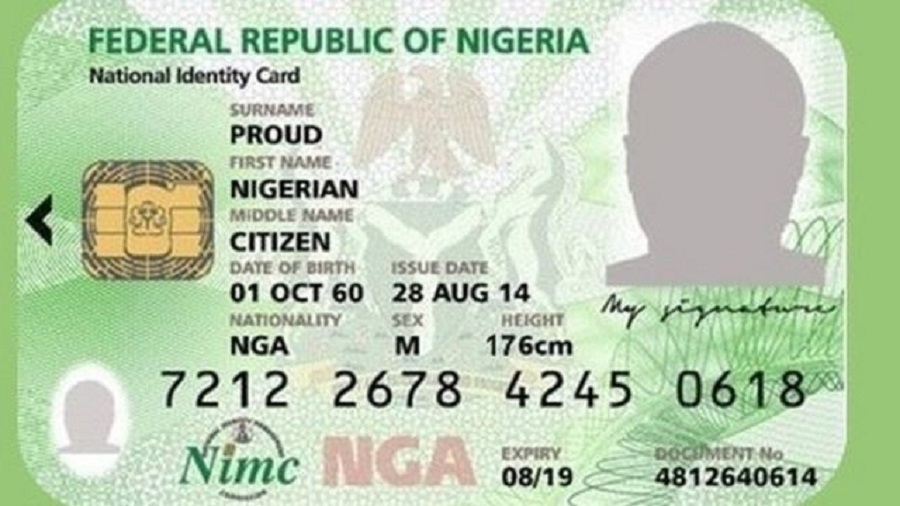There are strong indications that Nigeria may miss the World Bank’s target of 148 million enrollments for the National Identification Number (NIN) by June 1, 2024. This is even as the country has achieved 58% of the target as of July 7, 2022.
The target was set for Nigeria under the Bank’s Digital Identification for Development (DI4D) Project, which seeks to increase the number of persons enrolled for NIN from 36.89 million as of October 11, 2019, to 148 million by June 1, 2024. Parts of the DI4D targets also include enrolling 65 million women and girls as well as 50 million children under the age of 16 by that date.
With a commitment of $430 million from the Bank, the country has been able to grow the NIN database by 48.7 million in the last 3 years. This was achieved with several policies including mandating the NIN for students writing JAMB exams, mandating it for the issuance or renewal of International Passport and Driver’s Licence, and mandatory linking of the NIN to SIMs by all telecommunications subscribers.
Why Nigeria may miss the target
- It is now a few weeks less than 2 years to the June 1, 2024 deadline, and going by the enrolment figure as of July 7, 2022, which stood at 85.59 million, according to data from the National Identity Management Commission (NIMC), Nigeria has to enrol 62.4 million more Nigerians for the NIN between now and June 1, 2024.
- Having achieved 48.7 million enrollments in the last 3 years with all the new policies, expansion of local enrolment centres, and creation of Diasporan enrolment centres, it may be difficult to achieve 62.4 million in less than two years.
- In 2021, the database grew by 28.7 million, which brought the total enrolment figure to 72.7 million in December 2021 from 44 million recorded in December 2020. The massive increase was as a result of the NIN-SIM policy announced in December 2020.
- So far this year, 12.89 million have been added to the database.
- With the enforcement of the NIN-SIM linkage deadline and the blocking of unlinked SIMs in April, many affected telecom subscribers had since enrolled for the NIN to unblock their SIMs.
- Most of the enrolment centres now have fewer visitors for NIN registration on a daily basis.
What you should know
- The DI4D project is being financed through an International Development Association (IDA) credit of US$115 million and co-financing of US$100 million from the French Agency for Development and US$215 million from the European Investment Bank.
- According to the World Bank, which facilitated the loans and monitored the project, as of September 30, 2020, IDA had released its $115 million commitment.
- The World Bank in a review of the project in March this year had described the overall implementation progress as ‘unsatisfactory’. According to the ‘Implementation Status Report’, in terms of the Overall Implementation Progress of the project, the country regressed from ‘moderately satisfactory’ in its previous review to ‘moderately unsatisfactory’ in the latest review.
- In terms of the progress towards the achievement of the project’s objectives, the country also slid from ‘Satisfactory’ to ‘Moderately Satisfactory’. The bank, however, put the Overall Risk Rating of the project at ‘Moderate’.
